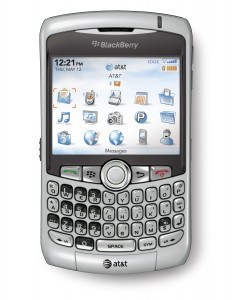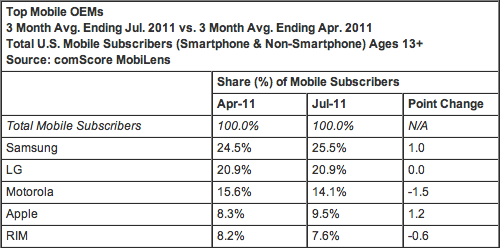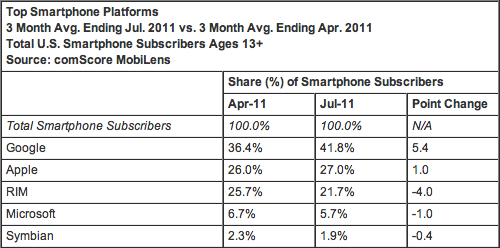Cox’s 3 Steps to Fatter Profits With Internet Overcharging: Upgrade or Your Services Will Be Blocked
 Cox Communications is telling customers if they exceed the company’s usage caps three times over the lifetime of an account, they either must upgrade to a more expensive service plan, make sure they never exceed plan limits again, or face an indefinite loss of their Internet service if they exceed Cox’s limits a fourth time.
Cox Communications is telling customers if they exceed the company’s usage caps three times over the lifetime of an account, they either must upgrade to a more expensive service plan, make sure they never exceed plan limits again, or face an indefinite loss of their Internet service if they exceed Cox’s limits a fourth time.
Stop the Cap! reader Adam found out about Cox’s Three Strikes Program for himself in an online chat with Claudia, a Cox customer service representative:
Adam: I am concerned with the messages I got about a usage cap. I was told by the salesman that there was no bandwidth cap on our Internet, however this message is very troubling. Please explain this cap to me.
[…]
Claudia: I am really sorry for the lack of information provided to you by our Sales representative.
Adam: Is there a hard cap coming? Is that why we’re getting these messages?
Claudia: That is correct.
Claudia: At the fourth message your services will be blocked, on the previous one they will suggest you to upgrade your plan.
Adam: Fourth monthly, or fourth cumulative?
Claudia: Your Data Usage is reset each month, so it will be your fourth monthly message if exceeding the allowance.
Adam: So four months of going over. Does that counter ever reset?
Adam: Like if I’m bad three months, then good for three. Is it reset?
Claudia: Unfortunately, it is not reset.
Cox, like Comcast, does not charge overlimit fees, but the company does encourage customers who want to use the Internet more than their arbitrary allowances permit to upgrade to a more costly service plan.
Cox’s limits are detailed in an earlier piece Stop the Cap! brought readers a few weeks ago.
Internet Service Providers claim usage caps are important to protect the customer experience from “excessive users” slowing down service in your neighborhood, but as companies like Cox upgrade to DOCSIS 3, the broadband pipeline that results has increased so exponentially, it eliminates the excuse that came with the limits.
Now, ISPs increasingly see another reason to retain usage allowances: fatter profits from tiered usage plans that inevitably drive video-hungry Internet customers into costly upgrades.


 Subscribe
Subscribe






